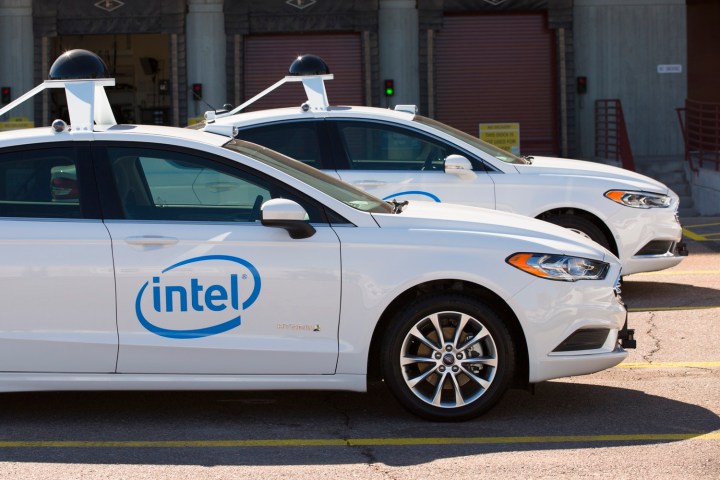
The House bill, which passed with bipartisan support, allows manufacturers to release 25,000 self-driving cars. Once manufacturers can prove that the AI controlling the cars is at least as safe as human drivers, that number will be increased to 100,000. This could potentially allow millions of self-driving cars to hit the streets in a couple of years’ time.
Senate Commerce Committee Chairman John Thune and Senator Gary Peters told The Hill that they believe that self-driving cars will make Americans safer and provide a boost to the U.S. economy.
“Ultimately, we expect adoption of self-driving vehicle technologies will save lives, improve mobility for people with disabilities, and create new jobs,” the two senators said.
The individual states will still be in charge of handling the licensing and registration of self-driving cars, but not much else. Earlier this year, the US Department of Transportation and the National Highway Traffic Safety Administration issued a document with a number of safety guidelines for manufacturers. In these guidelines, the two organizations urged the state governments not to strictly regulate the industry as they feared it could impede progress. The document also includes the federal stance on how states should use the voluntary governance:
“NHTSA strongly encourages States not to codify this Voluntary Guidance (that is, incorporate it into State statutes) as a legal requirement for any phases of development, testing, or deployment of ADSs. Allowing NHTSA alone to regulate the safety design and performance aspects of ADS technology will help avoid conflicting Federal and State laws and regulations that could impede deployment.”
Self-driving cars have come a long way in recent years. The idea has been circulating in the public consciousness for decades, but it is only in recent years that technology has begun to make those ideas a reality.
In terms of manufacturers, many players have entered the industry including several tech companies such as Google. However, a recent study indicated that traditional auto manufacturers, such as Ford and General Motors, were beating tech companies in the race to develop self-driving cars.


